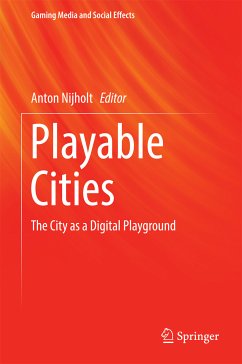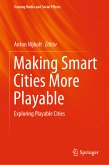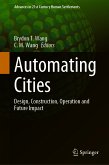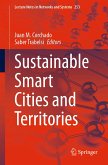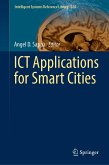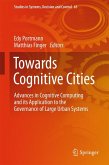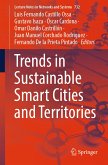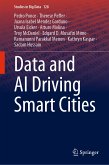This book addresses the topic of playable cities, which use the 'smartness' of digital cities to offer their citizens playful events and activities. The contributions presented here examine various aspects of playable cities, including developments in pervasive and urban games, the use of urban data to design games and playful applications, architecture design and playability, and mischief and humor in playable cities.
The smartness of digital cities can be found in the sensors and actuators that are embedded in their environment. This smartness allows them to monitor, anticipate and support our activities and increases the efficiency of the cities and our activities. These urban smart technologies can offer citizens playful interactions with streets, buildings, street furniture, traffic, public art and entertainment, large public displays and public events.
Dieser Download kann aus rechtlichen Gründen nur mit Rechnungsadresse in A, B, BG, CY, CZ, D, DK, EW, E, FIN, F, GR, HR, H, IRL, I, LT, L, LR, M, NL, PL, P, R, S, SLO, SK ausgeliefert werden.

